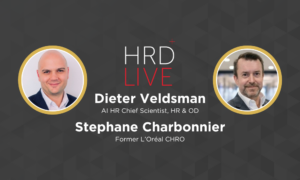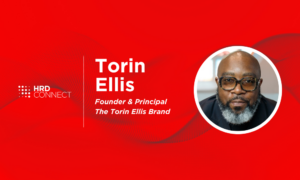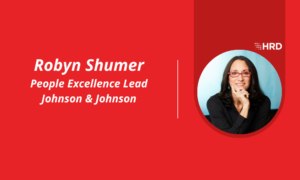Grow your people and you will grow your business
- 8 Min Read
Bridging the gap between individual growth and business growth is the key to sustainable success. Ben Fennell, CEO, The Growth House, reveals his top tips for making that connection.
- Author: Ben Fennell
- Date published: Jan 28, 2020
- Categories

I was once told that if you could connect up your personal purpose with the purpose of the business that you work for, then there is no limit to what you can achieve. One of the many delights of starting your own company is that you can align these two things in one simple move.
My purpose is to, ‘Help leaders, teams and businesses to grow’ and so that is exactly the purpose of the business that I’ve started. The Growth House is a young company delivering consulting, coaching and internal comms for businesses such as Costa, Virgin Media and Rothco.
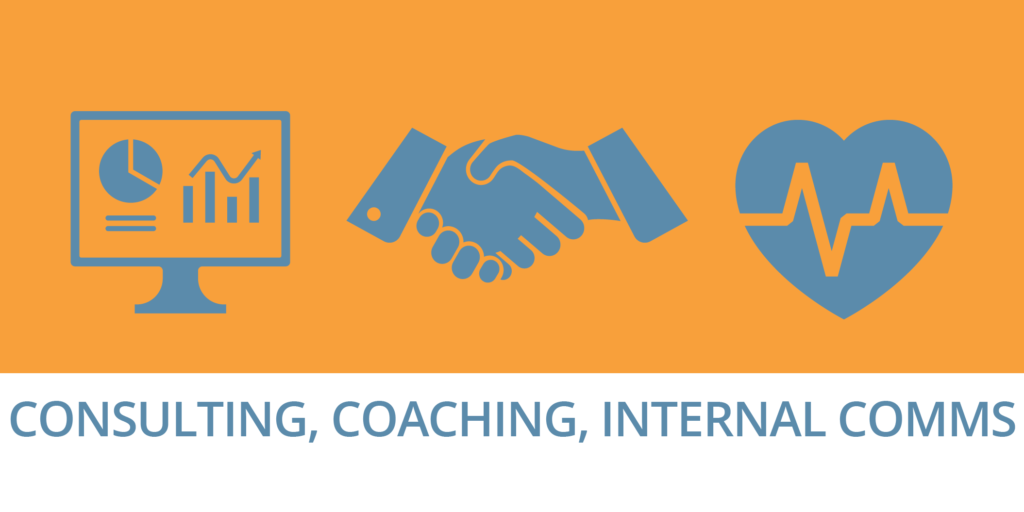
Much of what we deliver for our clients has been shaped by what I learnt during 16 years as CEO of the advertising agency BBH. I spent four years running BBH’s business in Asia, and then 12 years running BBH in London. During that time, I worked with, and for, some of the world’s great brands and businesses. I got to see some extraordinary CEOs up close, and the more time I spent with these leaders the more I was struck by their laser-like focus on a short list of things: the quality of their product offering, the growth of their people and the growth of their business.
Over time, I began to take this philosophy and apply it to the business that I was running. BBH was tiny compared to the likes of Tesco, Unilever and Audi, but at £70m of revenue and 500 people, we did have some scale. We doubled our investment in training and began the search for external trainers who could help us to deliver what we needed for our people and our business.
I was looking for programmes and partners with three key characteristics. Firstly, I wanted training that was completely aligned to the commercial needs of the business. Secondly, I wanted training that was output and action oriented. Finally, I wanted programmes that were engaging, inspiring and creative.
Over an extended period I became frustrated. Too often the focus of the training that I was buying was tailored to the needs of the legacy business. Or worse still, it was ‘off the shelf’. I wanted to deploy training for the business that we wanted to be, rather than the business that we were. I wanted training that would accelerate growth and change.
With a couple of notable exceptions, I found it very hard to find what I was looking for.
The good news, however, is that I had spotted a business opportunity in exactly the space that I was most passionate about. So, after twenty-four fantastic years at BBH, I decided to set up a company that would deliver Learning and Development programmes that were commercial, action-oriented and creative. And so, The Growth House was born.
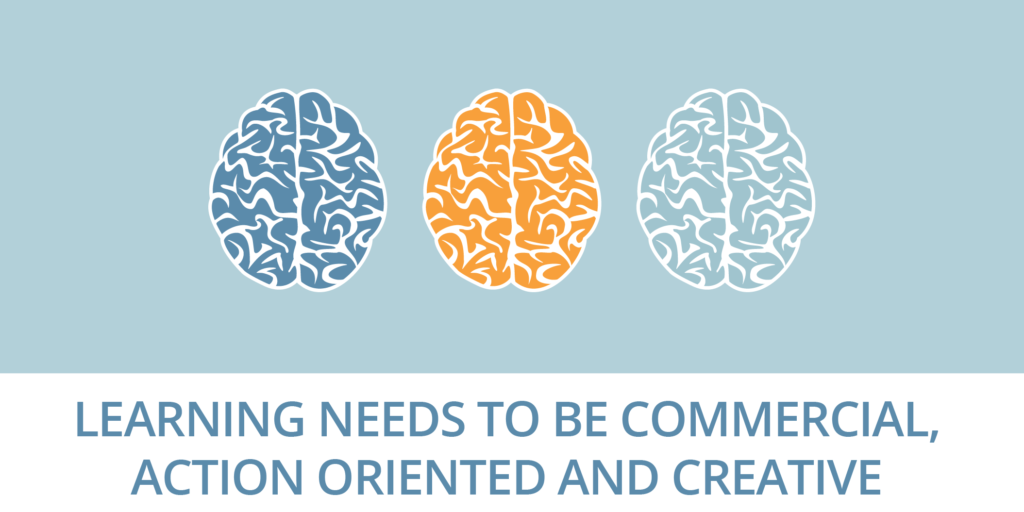
It’s not easy to ensure that training is commercially relevant, you have to do the preparation. At The Growth House we spend days and weeks ensuring that we really understand the client’s growth strategy and commercial context before we begin training their people.
If training is going to deliver impact and ROI, it needs to be action-oriented.
In our workshops we have a designer present crafting ‘take away’ assets live that have genuine utility. I used to hate having to decipher the twenty pages of A1 scrawl that had always “made so much sense at the time”.
Training needs to be inspiring, engaging and creative. The Growth House uses a roster of inspirational speakers to energize the group. Once the speech and Q&A are done, we ask the speaker to leave so that we can crack on and create actions. Engaging a world class speaker in a group of 8 – 12 executives is incredibly powerful. It acts as a catalyst, if used early in the day they will stimulate bigger and better ideas, ideas that will become actions.
One of the thoughts that I keep front of mind when designing every workshop and programme, is the inconvenient truth that ‘not everybody loves L&D’. Lots of people have had a negative training experience. It might have been a toe curling warm up exercise, a jaunty bean bag, or maybe even a trust fall. I’ve experienced all of the aforementioned and I bear the scars. I’ve observed trainers getting so focused on team building that they’ve lost sight of the purpose of the team, which is of course to build the business.
 Re-framing the language, role and culture around learning is a significant task for leadership. As ever, leadership will set the tone. If they embrace and champion a culture of learning and growth, then all things become possible. If they don’t, then they’ve just turned an investment into a cost.
Re-framing the language, role and culture around learning is a significant task for leadership. As ever, leadership will set the tone. If they embrace and champion a culture of learning and growth, then all things become possible. If they don’t, then they’ve just turned an investment into a cost.
So let’s talk a little bit more about leadership and growth.
Good leaders create growth for themselves, for their direct reports, and for their business. They create an environment where growth can take place. They demonstrate that learning, like leadership, is an endless journey.
I increasingly believe that the leaders of the future will be more like gardeners than generals. They will create the diversity, the energy and the space for growth to take place. They will prepare their people for all seasons and all weather, at first protecting them, but over time giving them the skills and the strength to stand on their own.

Leaders focus on outcomes as much as inputs. They don’t just focus on what they communicate, they focus on how they make people feel. In any interaction we can choose to make a human being feel bigger or smaller, we can make them feel more or less. A good leader will help you to build on your strengths. They will help you to build on your ideas. They will help you to build your career.
A good leader will take pride in the career progression and development of their direct reports, they will lift as they climb. They will translate the growth of their talent onto the balance sheet and beyond. I’m not sure if there is a better definition of leadership than, ‘A person who creates growth’. A leader will make their people bigger, and in turn their people will make the business bigger. They will accelerate growth, and growth matters for everyone, not just shareholders, but colleagues too.
Growth is exciting, it is energizing. It evidences the fact that you’re winning, and who doesn’t like winning? Growth creates opportunities to do new things and to build new capabilities. The task of course is to make sure that your business gets better as it gets bigger.
Growth is a consequence of quality, but it also needs to be a driver of quality. Not every business puts the quality of the customer experience at the very top of their agenda, but the consistent winners do. It’s not enough to simply know your customers, you need to take actions that genuinely serve their interests, especially in those moments when it might cost you some margin points.
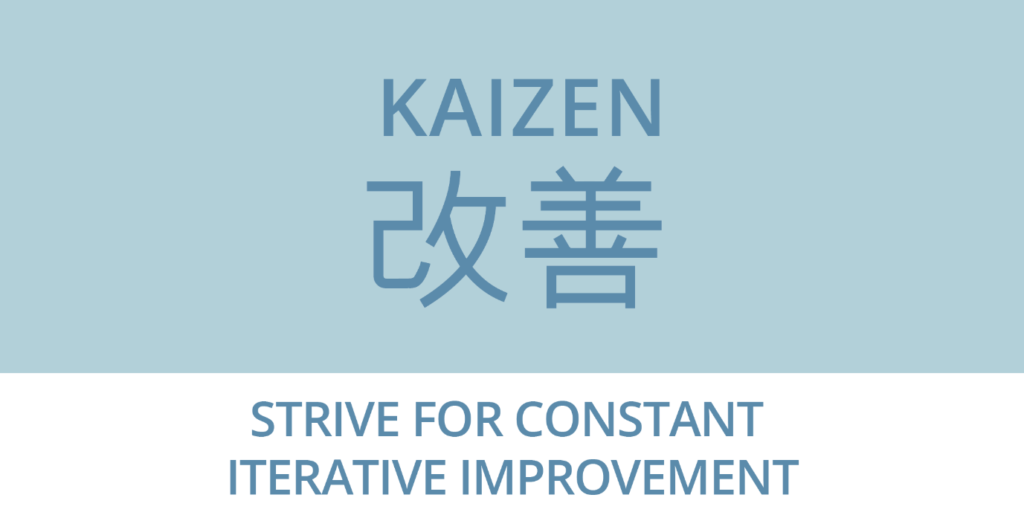
Kaizen is the Japanese concept of constant iterative improvement. It’s an idea that I come back to again and again. It’s a philosophy that’s been at the heart of Japanese manufacturing for decades. The consumer contract is simple: if you can make your product offering a little bit better every single day, then the customer and the market will reward you. The great businesses that I have been close to all lived this mantra, even if they didn’t use this word. They never stopped trying to make their products, or their customer experience, better.
Great training should obviously focus on helping your business to perform better, but it should also be helping you to transform your business faster. It should help you to grow and to change. It’s critical that the L&D agenda is as dynamic and fluid as the business it is serving.
Therefore you need to train for the business that you want to be rather than the business that you are. It’s worth asking yourself the question: how much of our training is genuinely helping us to accelerate change as well as growth?
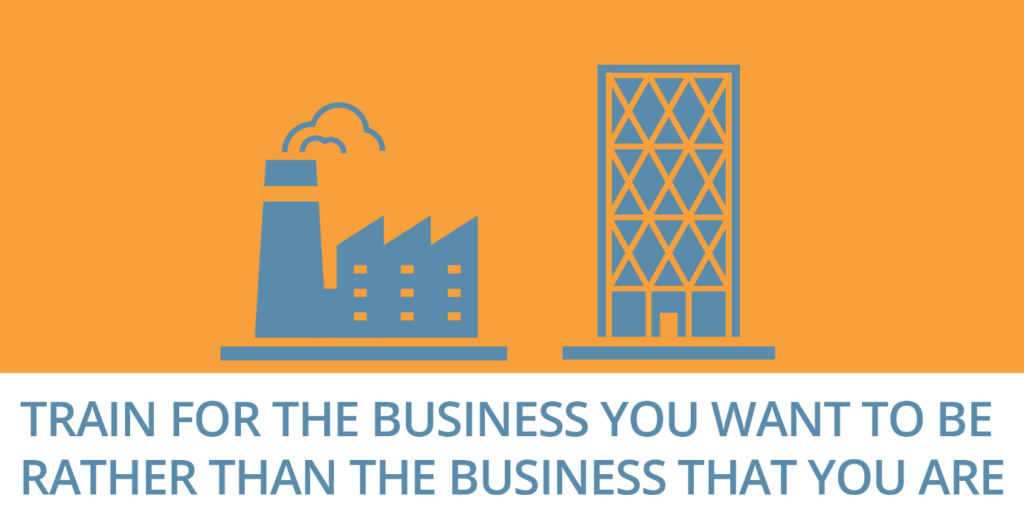
We work with a company that has recently merged the Head of Transformation role with the Head of Talent role. In one go, the L&D function has future-proofed itself and all its activity.
It’s my firm belief that Learning, Leadership and Growth are all inseparable – they power each other. My challenge to all of the leaders that we work with is to make sure that they are aligning all of these potentially divergent agendas:
- Is learning commercially focused enough?
- Is leadership celebrating learning?
- Is growth understood as a consequence as well as a driver of quality?
I’m excited about my first visit to the HRD Summit. If you are interested in hearing me unpack any of the thinking laid out above, then please come to my Breakfast Briefing at 8:00am on the 5th. Alternatively, come and meet the team in our booth to talk some more about growing your people and growing your business.
Ben Fennell will be hosting the Leadership Stream on Day 1 of the HRD Summit UK 2020 and a Breakfast Briefing on Day 2 at 8.00 am. You can find more information about the programme here.
If you would like to know more about Ben Fennell or The Growth House, you can contact him via the below:
Twitter: @FennellB




